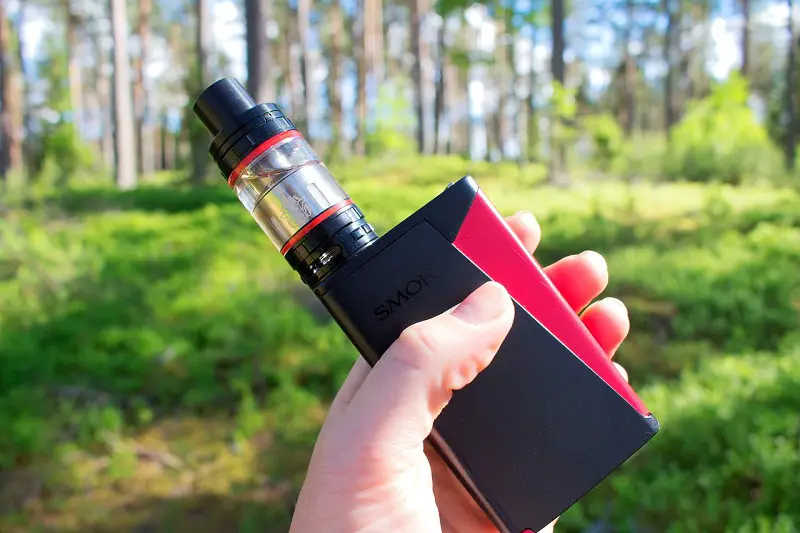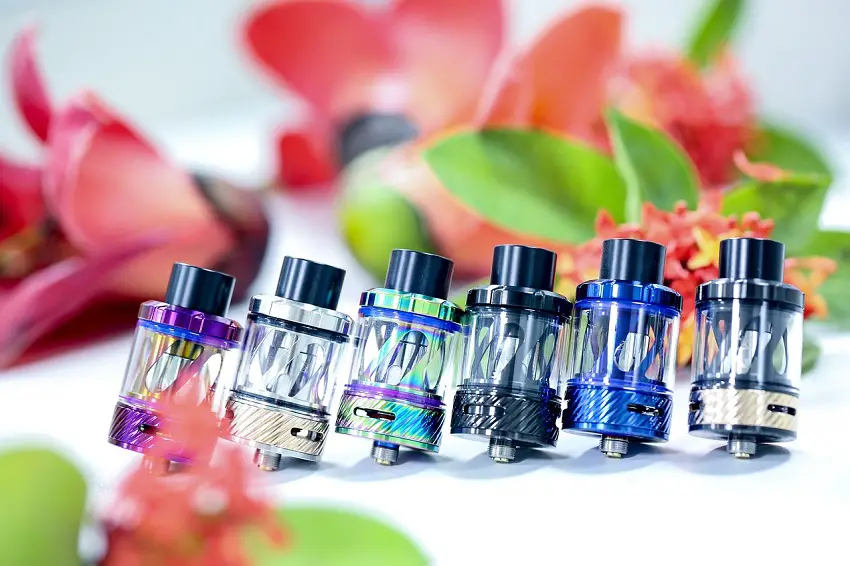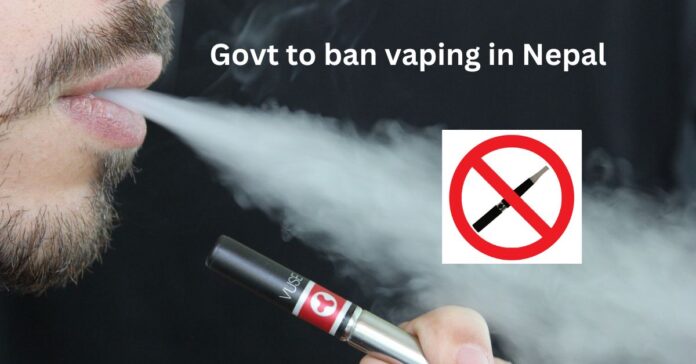The government has begun the process to ban vaping in Nepal. The National Health Education, Information and Communication Center (NHEICC) which operates under the Department of Health Services is seeking cooperation from various ministries aiming to outlaw vapes also called e-cigarettes in the country.
What is vaping?
Basically, vaping is an act of inhaling a nicotine-based liquid that’s contained in an electronic device called an e-cigarette or “vape”. It creates a similar sensation to smoking tobacco. Using an e-cigarette is also called vaping.

Also read: Complete list of what you can’t do on social media: Social Media Management Guidelines 2080
Is it safe though?
Although popular and considered rather safer than smoking or ignored, its threats can range from being unhealthy to life-threatening. Regular consumption might lead to various medical conditions including that in the lungs causing severe complications.
Keshav Raj Pandit, the director of NHEICC, has reached out to the Ministry of Communication and Information Technology (MoCIT), the Ministry of Finance, the Ministry of Industry, Commerce and Supplies, the Department of Customs, the Department of Commerce, Supplies, and Consumer Protection to join hands in enforcing rules that prohibit the use of electronic cigarettes.
Ban vaping in Nepal!
The NHEICC seeks to ban vape in Nepal in accordance with Subsection 4 of Section 28 of the Tobacco Products Control Regulation 2071 BS. Pandit says that no individual or entity shall be permitted to produce, import, sell, or consume e-cigarettes or advertise them in public places and media. Check out: Government bans TikTok in Nepal citing social damage
Different flavors of e-cigarettes or vapes are available in Nepal and their consumption is also rising. Particularly, the youth demography (teens) is attracted to the idea of it. However, authorities and the concerned public find that it’s escalating vape culture in Nepal. According to the customs department, Nepal imported 3,223,687 vapes in FY 2079/80.

Vapes come in different price ranges depending on their volume and flavors ranging from Rs 2,000 to Rs 15,000. The ban will officially prohibit their imports into Nepal via any route.



